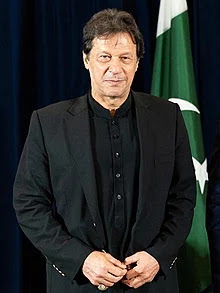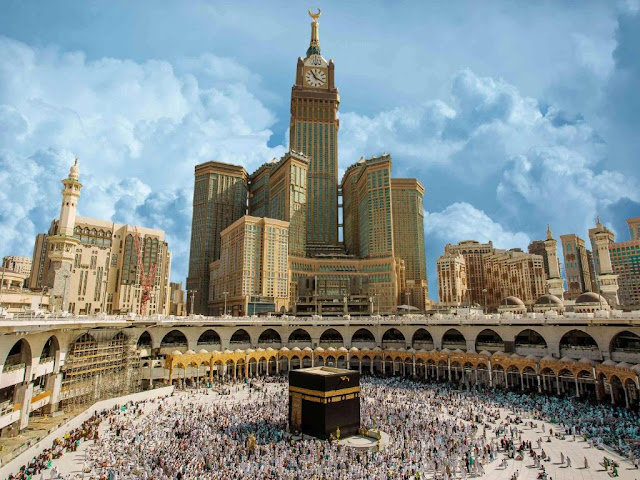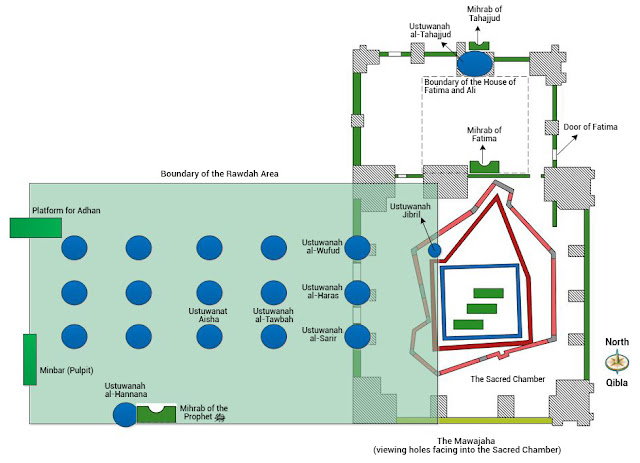Who is Imran Khan
Who is IMRAN KHAN
Imran Ahmed Khan Niazi HI PP (Punjabi and Urdu: عمران احمد خان نیازی, Pashto: عمران احمد خان نیازی; born 5 October 1952) is a Pakistani politician and former cricketer serving as prime minister of Pakistan since his election in 2018. He is also the chairman of the Pakistan Tehreek-e-Insaf (PTI). Before entering politics, Khan was an international cricketer and captain of the Pakistan national cricket team, which he led to victory in the 1992 Cricket World Cup. He was chancellor of the University of Bradford in the United Kingdom from 2005 to 2014.
Khan was born to a Pashtun family in Lahore in 1952 and graduated from Keble College, Oxford in 1975. He began his international cricket career at age 18, in the 1971 Test series against England. Khan played until 1992, served as the team's captain intermittently between 1982 and 1992, and won the 1992 Cricket World Cup, in what is Pakistan's first and only victory in the competition. Considered one of cricket's greatest ever all-rounders, Khan registered 3,807 runs and took 362 wickets in Test cricket and was inducted into the ICC Cricket Hall of Fame.
In 1991, he launched a fundraising campaign to set up a cancer hospital in memory of his mother. He raised $25 million to set up a hospital in Lahore in 1994 and set up a second hospital in Peshawar in 2015. Khan then continued his philanthropic efforts, expanding the Shaukat Khanum Memorial Cancer Hospital to also include a research center, and founded Namal College in 2008. Khan also served as the chancellor of the University of Bradford between 2005 and 2014 and was the recipient of an honorary fellowship by the Royal College of Physicians in 2012.
Khan founded the Pakistan Tehreek-e-Insaf (PTI) in 1996 and serves as the party's chairman. By winning a seat in the National Assembly in 2002, he served as an opposition member from Mianwali until 2007. PTI boycotted the 2008 general election. In the subsequent election, PTI became the second-largest party by popular vote. In regional politics, PTI led a coalition government in Khyber Pakhtunkhwa in 2013. In the 2018 general election, PTI was also able to form a coalition government in the province of Punjab and act as a coalition partner to the Balochistan Awami Party in the province of Balochistan. Nationally, this election resulted in PTI emerging as the largest party in the National Assembly, which allowed it to form a coalition government with Khan as Prime Minister.
As Prime Minister, Khan addressed a balance of payments crisis with a bailout from the International Monetary Fund. He also presided over a shrinking current account deficit and limited defense spending to curtail the fiscal deficit. Eventually, Pakistan's economy began to recover under Khan's premiership. Khan also launched an anti-corruption campaign but was criticized by political opponents for alleged targeting. He enacted a policy that increased tax collection and investment. Khan's government also instituted reforms to education and healthcare on a national and regional level respectively, as well as committed to a renewable energy transition and expanded protected areas. Further reforms were made to Pakistan's social safety net. He later led the country during the COVID-19 pandemic, and he faced a no-confidence motion in 2022 which led to a constitutional crisis. In foreign policy, he dealt with border skirmishes against India, supported the Afghan peace process, and strengthened relations with China and Russia.








.jpeg)